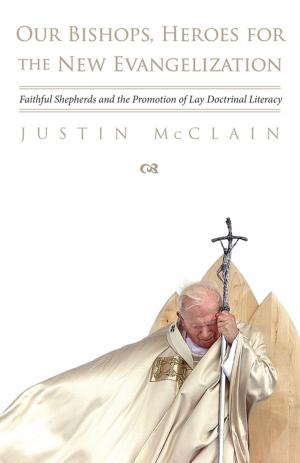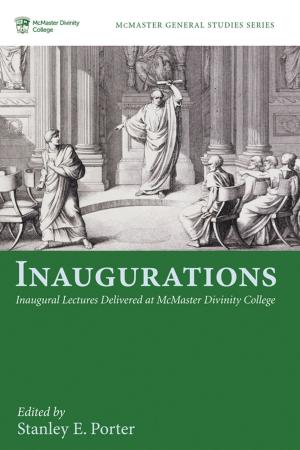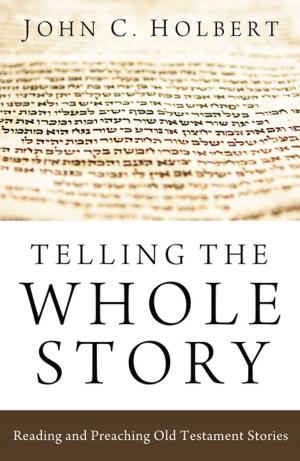The Messianic Kingship of Jesus
A Study of Christology and Redemptive History in Matthew’s Gospel with Special Reference to the “Royal Enthronment” Psalms
Nonfiction, Religion & Spirituality| Author: | Sungho Choi | ISBN: | 9781621890645 |
| Publisher: | Wipf and Stock Publishers | Publication: | October 3, 2011 |
| Imprint: | Wipf and Stock | Language: | English |
| Author: | Sungho Choi |
| ISBN: | 9781621890645 |
| Publisher: | Wipf and Stock Publishers |
| Publication: | October 3, 2011 |
| Imprint: | Wipf and Stock |
| Language: | English |
Identification of the Royal Psalms by Herman Gunkel indicates that the history and genre of the Royal Psalms must be distinguished from the Enthronement Psalms that are written to celebrate Yahweh's Kingship from those written to celebrate Davidic kingship. In reference to this, Joachim Becker argues against the presence of messianic Davidic Psalms in the Old Testament and posits that the initial hope in Davidic kingship died out during the exilic period and consequently centered Israelite faith in Yahweh alone. It may thus be concluded that Yahweh's Kingship effaces the place of the Davidic Messiah. Against this claim, The Messianic Kingship of Jesus argues that the early Christian use of Psalm quotations in particular suggest that the Royal and Enthronement Psalms were viewed as one entity which suggests that Yahweh's reign and Davidic kingship in Jewish-Christian thinking were not antagonistic but mutually complementary. Within the synoptic tradition, Matthew's emphasis on Davidic heritage supports this notion as he applies 'Son of David' to the 'Son of God' and also 'Son of Man.' Therein lies 'paradoxical tension' in the use of the old Jewish Scripture as early Christians, on the one hand, sought to preserve their Jewish legacy but, on the other, creatively employed the Old Testament to support their christological message and the divine attributes of Jesus expressed in the Gospel. The entire process of quotation by Matthew generates one of the major characteristics of Judeo-Christian religiosity; namely, the manifestation of divine redemptive activity in the history of Israel.
Identification of the Royal Psalms by Herman Gunkel indicates that the history and genre of the Royal Psalms must be distinguished from the Enthronement Psalms that are written to celebrate Yahweh's Kingship from those written to celebrate Davidic kingship. In reference to this, Joachim Becker argues against the presence of messianic Davidic Psalms in the Old Testament and posits that the initial hope in Davidic kingship died out during the exilic period and consequently centered Israelite faith in Yahweh alone. It may thus be concluded that Yahweh's Kingship effaces the place of the Davidic Messiah. Against this claim, The Messianic Kingship of Jesus argues that the early Christian use of Psalm quotations in particular suggest that the Royal and Enthronement Psalms were viewed as one entity which suggests that Yahweh's reign and Davidic kingship in Jewish-Christian thinking were not antagonistic but mutually complementary. Within the synoptic tradition, Matthew's emphasis on Davidic heritage supports this notion as he applies 'Son of David' to the 'Son of God' and also 'Son of Man.' Therein lies 'paradoxical tension' in the use of the old Jewish Scripture as early Christians, on the one hand, sought to preserve their Jewish legacy but, on the other, creatively employed the Old Testament to support their christological message and the divine attributes of Jesus expressed in the Gospel. The entire process of quotation by Matthew generates one of the major characteristics of Judeo-Christian religiosity; namely, the manifestation of divine redemptive activity in the history of Israel.















